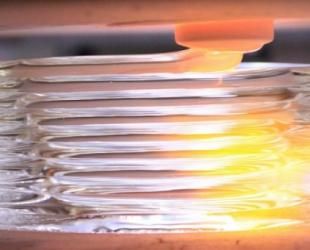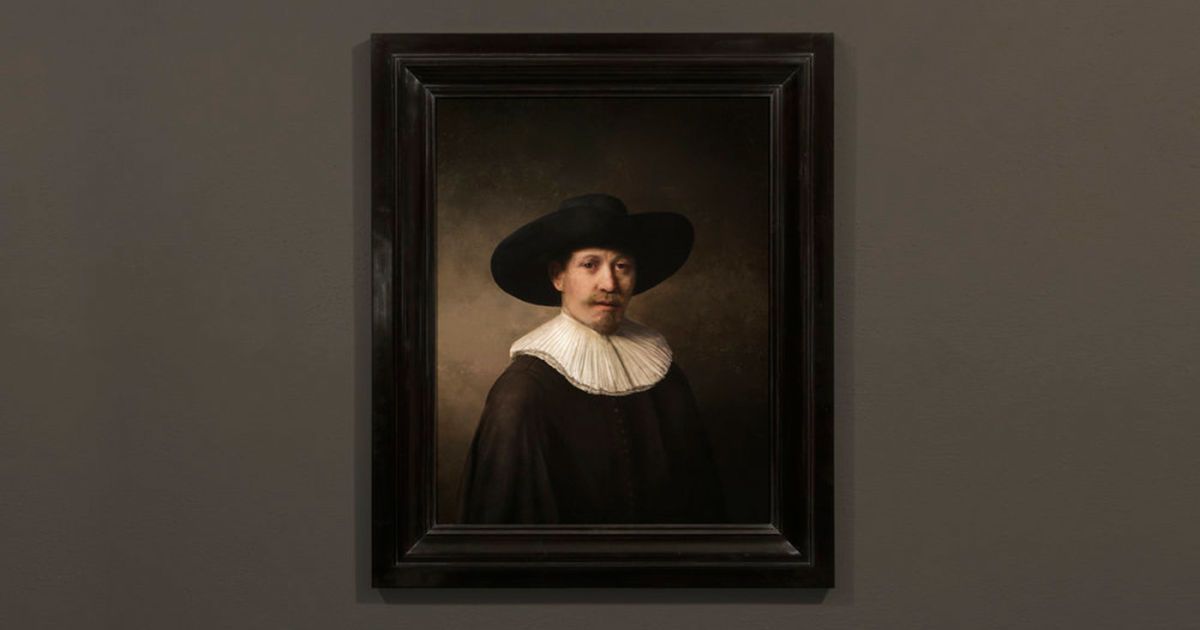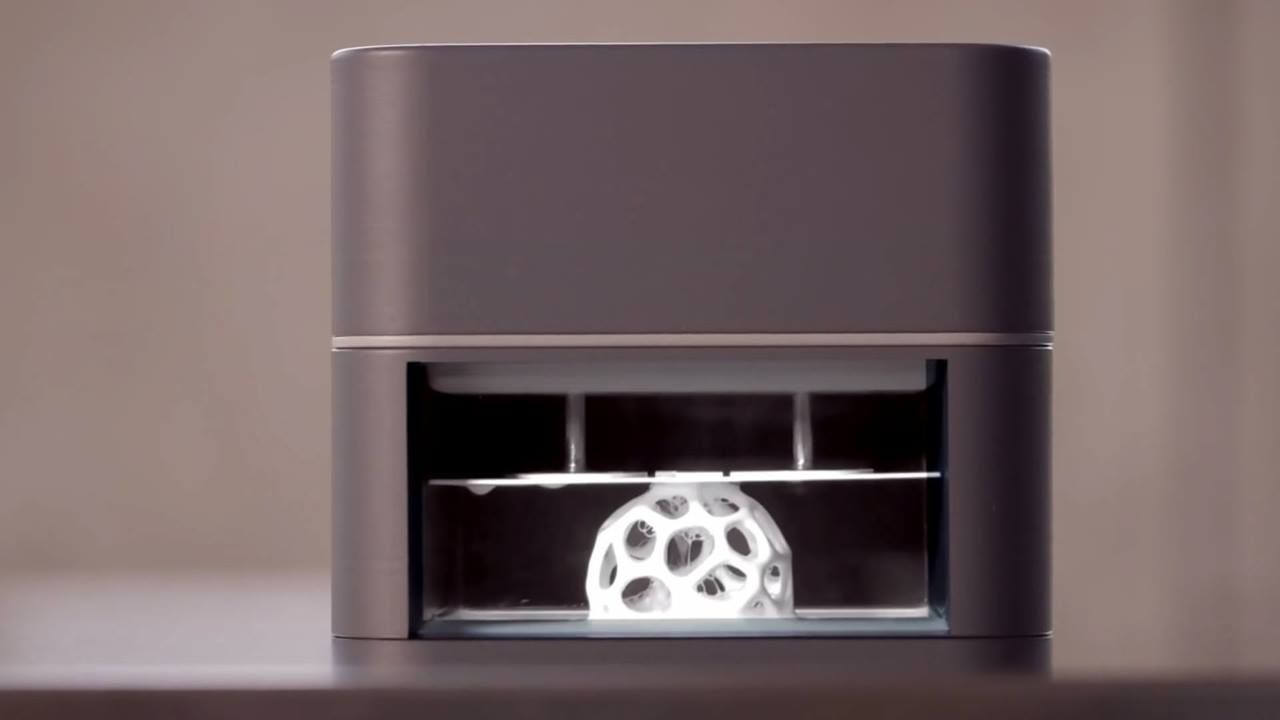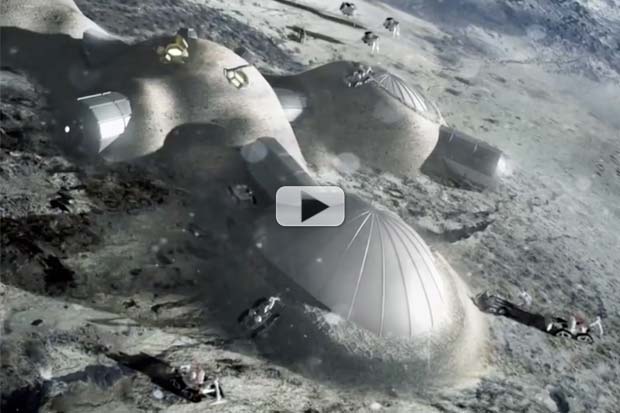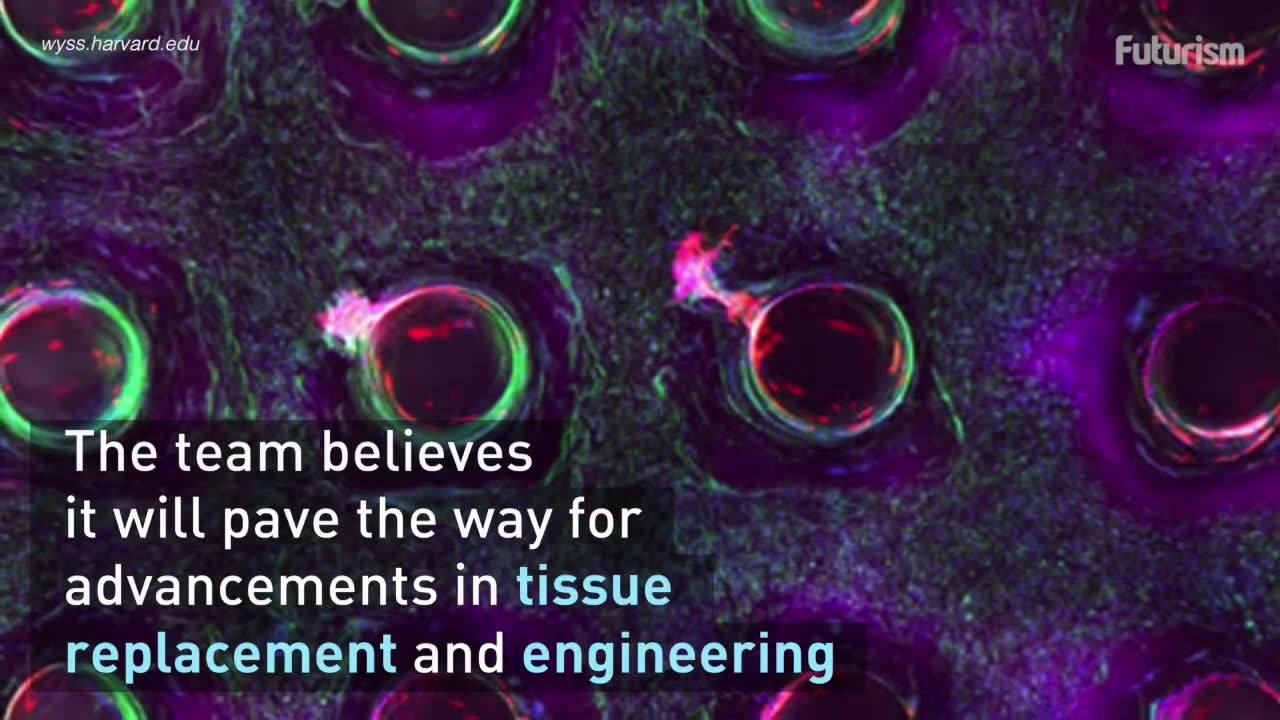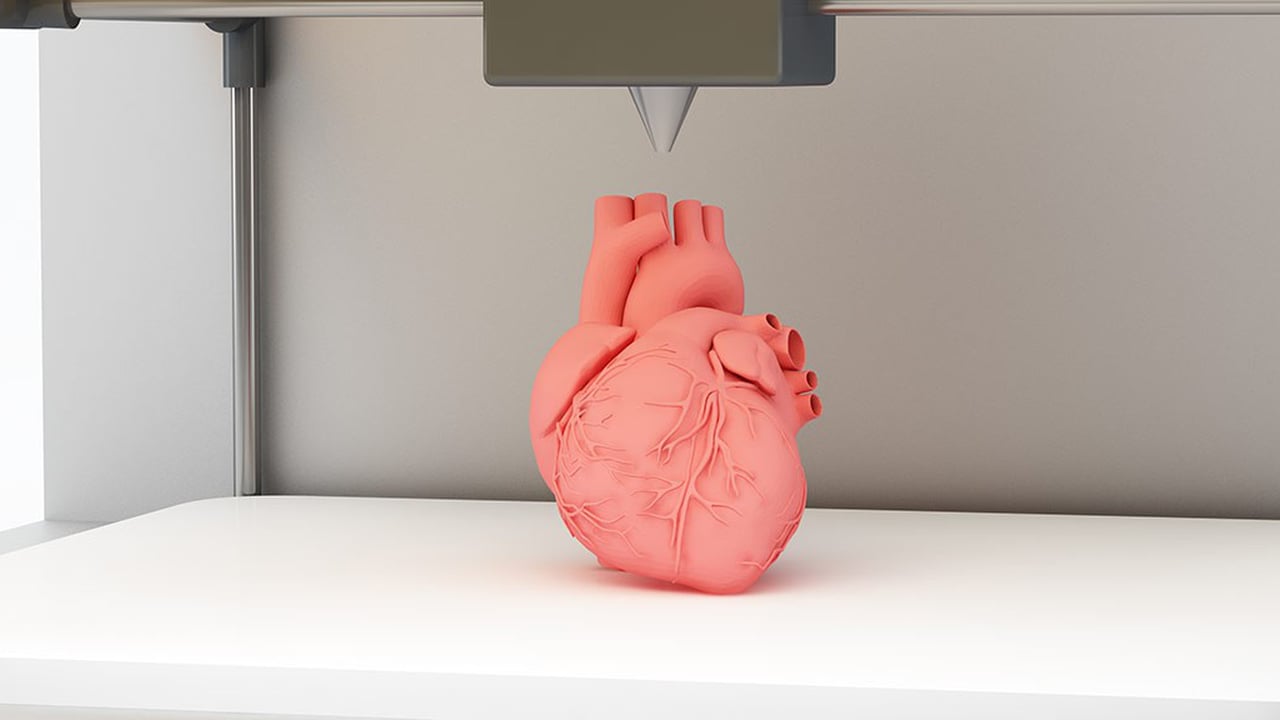Apr 7, 2016
MIT researchers develop 3D printing process that creates fully functional robots as soon as they come off printer
Posted by Karen Hurst in categories: 3D printing, computing, robotics/AI
Researchers at MIT’s Computer Science and Artificial Intelligence Laboratory (CSAIL) have developed a new 3D printing process that creates fully functional robots from the moment they come out of the printer.
MIT process of robot making is quite streamlined, as the robot’s solid and hydraulic parts are created in one step. CSAIL Director Daniela Rus, who oversaw the project, said that their approach of printable hydraulics is a step ahead in the rapid fabrication of functional machines.
The single-step process involves printing a small six-legged robot that crawls with the help of 12-hydraulic pumps embedded in its body. Working of the printer includes inkjet printer deposits drops of material quite small in size. The object is printed layer wise from bottom to the top. High-intensity UV light solidifies the materials that were used to create the object.
